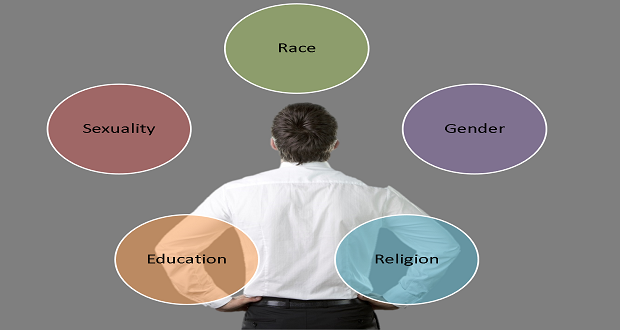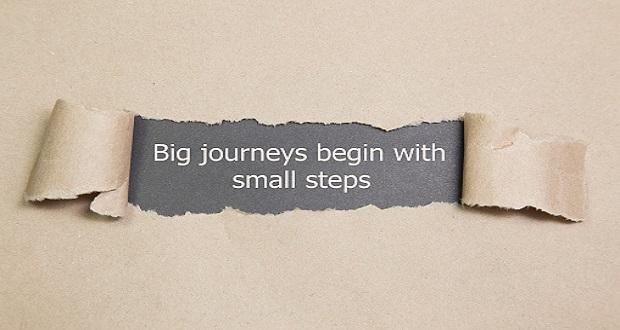
Have you ever called someone crazy, nuts, or insane? Have you ever told a friend who is feeling depressed to snap out of it? Are you less sympathetic to mental illnesses than other ailments like diabetes or heart disease? Have you ever thought a coworker was less capable of doing their job because of a mental illness? Have you ever thought someone was claiming a mental illness just to get attention?
This is mental illness stigma.
May is Mental Health Awareness Month with the same goal each year — fight the stigma, provide support, educate the public, and advocate for people with mental illness and their families. According to The National Alliance on Mental Illness, one in five U.S. adults experience mental illness, and yet we are still afraid to talk about it due to shame, misunderstanding, negative attitudes, and fear — collectively, the stigma — society places around mental illness.
What is a stigma, and what does it look like?
A stigma is a set of negative, and often unfair, beliefs that a society has about something. It can look like exclusion; silence; telling someone to toughen up; treating a mental illness like a fallacy, a call for attention, a phase; etc. It can make those who have a mental illness feel ashamed, want to hide, or avoid getting the help and treatment they might need.
What can I do?
- Educate yourself and others.
- Seek out trusted sources on mental illnesses to learn more about them in general, or more specifically on those a friend, family member, or coworker might have. There are various blogs, online journals, and associations that can help you learn the scientific, evidence-based information, as well as just hearing people’s stories around mental illnesses.
- Be conscious of your language.
- Language matters. Don’t use mental health conditions as adjectives and remember that there is no one “normal” brain.
- Talk, and more importantly, listen.
- Being a friend to someone with mental illness helps break down the stigma they might feel on a daily basis, so just be there to talk, and of course, to listen. Here are some do’s and don’ts for talking to someone with a mental illness.
| DO: | DON’T: |
|
|
- Encourage equality between physical and mental illness.
- Odds are you wouldn’t make fun of someone with heart disease, cancer, or diabetes, so why make fun of someone with a mental illness? It can have just as big an impact on someone’s life as a physical illness can. In fact, mental illness is among the leading causes of ill-health and disability worldwide.
- Don’t try to take over the situation.
- Just because someone has a mental illness does not make them incapable of making decisions in their life. It may be helpful to assist with some daily tasks, but rather than make assumptions about what they need, just ask. They still deserve to maintain control of their life and their treatment.
- Be patient with yourself.
- You will probably not do or say the right thing every time, and that’s OK. Be aware of the ways in which you can improve and continue breaking down the stigma around mental illness. Just keep trying, keep learning, keep supporting.
Whether you, your loved one, or your coworker has a mental illness, we are all part of the mental health movement. You can make a difference simply by knowing that mental illness is not a choice, not abnormal, not anyone’s fault – no matter what the stigma says.
We are all part of the mental health movement. You can make a difference simply by knowing that mental illness is not a choice, not abnormal, not anyone’s fault – no matter what the stigma says. Click To Tweet


















